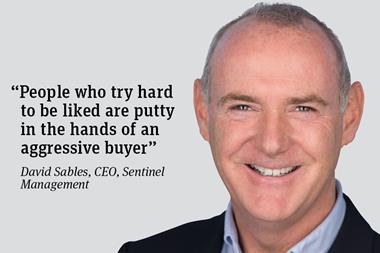
Much research has been undertaken into how to motivate people at work. However, I always say the starting point has to be with yourself. What would your answer be to the question ‘what motivates you?’ Do you know?
Frequently I am asked: “How do I find a job that’s more rewarding?” Well, my question straight back is: “What is it about your current job that attracted you in the first place?”
So what does one do? The first step is to raise your self-awareness and find out what are your core motivators, your key career drivers.
What means more to you - material rewards or power and influence?
Is meaning or purpose in your job your number one driver?
What about expertise - seeking a high level of accomplishment in what you do?
Are you driven by the ability to be creative and innovative in your job?
How are your relationships at work?
Does autonomy drive you? Do you prefer to make decisions on your own?
How about security, having a certain and predictable future?
Moreover, what are your thoughts about status? Are you driven to be recognised, admired and respected?
For many people, the ability to seek positive relationships is crucial. Sadly, bad work relationships can prevent people from enjoying their jobs. Sometimes a boss or a team is perhaps not as proactive or constructive as they could be.
Statistics show people leave their boss - not the job, nor the company. However, leaving your boss will not solve the issues you were avoiding. All you will do is take the same issues with you to your next job. And once the honeymoon period is over in the new job, you’ll find yourself unhappy and unmotivated all over again. Work becomes like the movie Groundhog Day, and you find yourself back at square one.
Understanding what motivates and drives you is the first step to being happier in your day-to-day job. You will start to notice what is missing in your current job. If this is the case, speak to your boss or colleagues about doing tasks that give you an opportunity to thrive.
Being motivated by our work has a direct and positive impact on our performance, so it can be a win-win for you and your employer.



















No comments yet